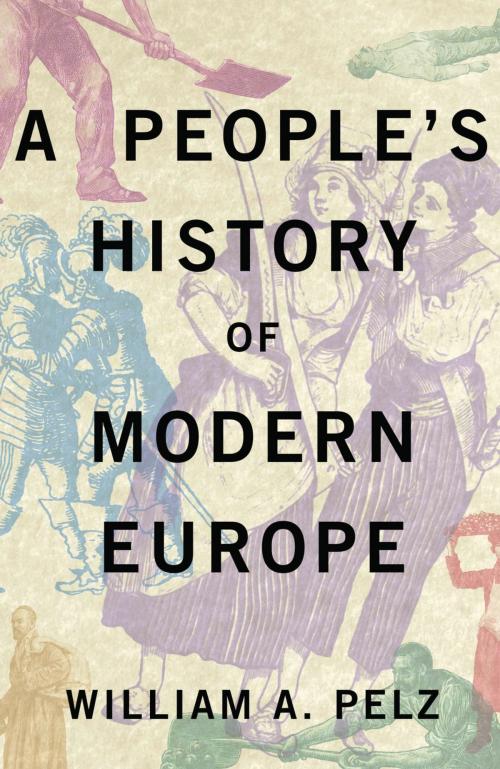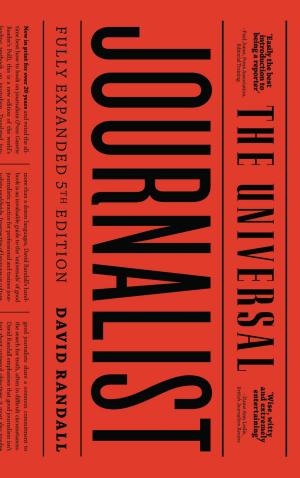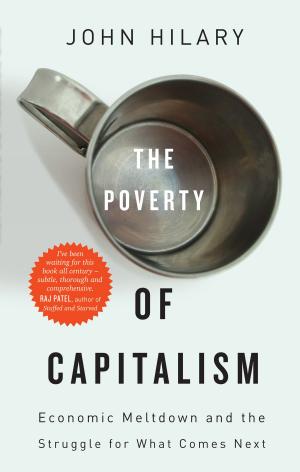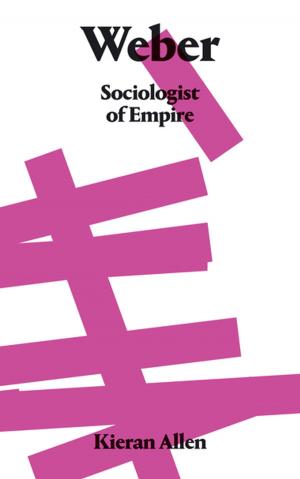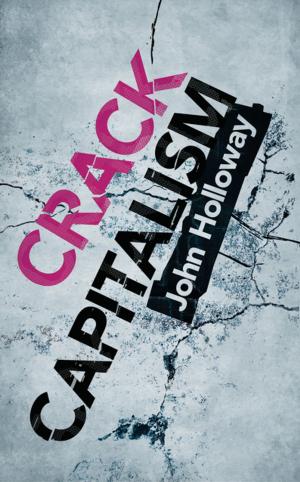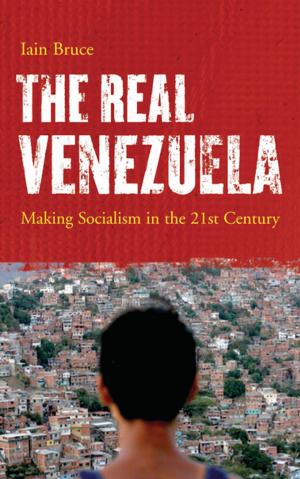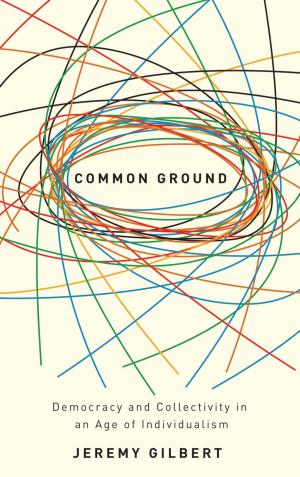| Author: | William A. Pelz | ISBN: | 9781783717682 |
| Publisher: | Pluto Press | Publication: | May 20, 2016 |
| Imprint: | Pluto Press | Language: | English |
| Author: | William A. Pelz |
| ISBN: | 9781783717682 |
| Publisher: | Pluto Press |
| Publication: | May 20, 2016 |
| Imprint: | Pluto Press |
| Language: | English |
From the monarchical terror of the Middle Ages to the mangled Europe of the twenty-first century, A People's History of Modern Europe tracks the history of the continent through the deeds of those whom mainstream history tries to forget.
Europe provided the perfect conditions for a great number of political revolutions from below. The German peasant wars of Thomas Müntzer, the bourgeois revolutions of the eighteenth century, the rise of the industrial worker in England, the turbulent journey of the Russian Soviets, the role of the European working class throughout the Cold War, student protests in 1968 and through to the present day, when we continue to fight to forge an alternative to the barbaric economic system.
With sections focusing on the role of women, this history sweeps away the tired platitudes of the privileged upon which our current understanding is based, and provides an opportunity to see our history differently.
From the monarchical terror of the Middle Ages to the mangled Europe of the twenty-first century, A People's History of Modern Europe tracks the history of the continent through the deeds of those whom mainstream history tries to forget.
Europe provided the perfect conditions for a great number of political revolutions from below. The German peasant wars of Thomas Müntzer, the bourgeois revolutions of the eighteenth century, the rise of the industrial worker in England, the turbulent journey of the Russian Soviets, the role of the European working class throughout the Cold War, student protests in 1968 and through to the present day, when we continue to fight to forge an alternative to the barbaric economic system.
With sections focusing on the role of women, this history sweeps away the tired platitudes of the privileged upon which our current understanding is based, and provides an opportunity to see our history differently.
